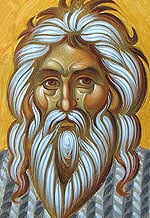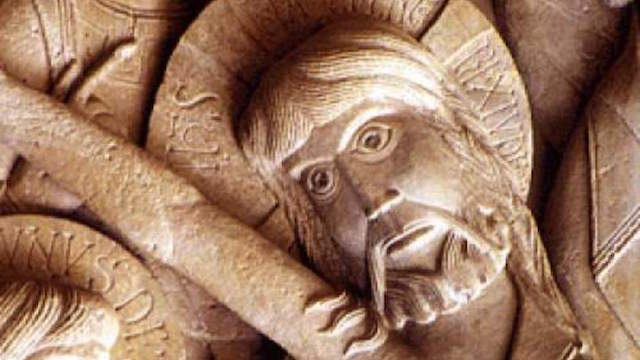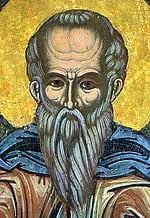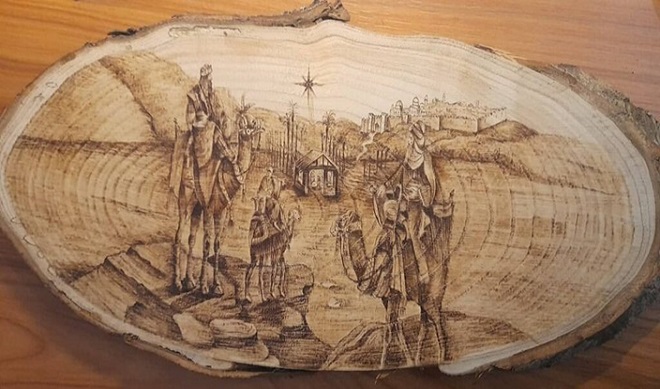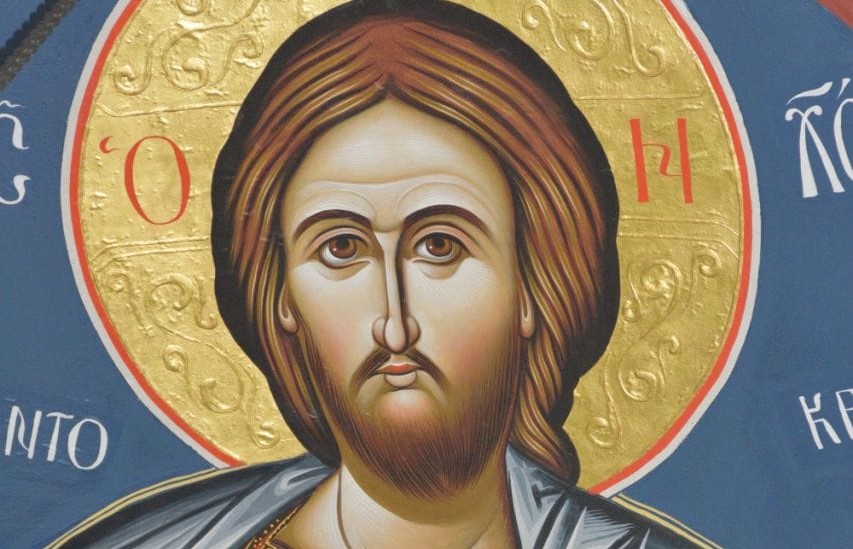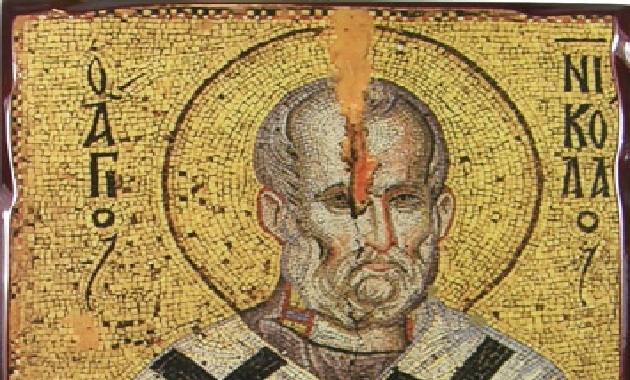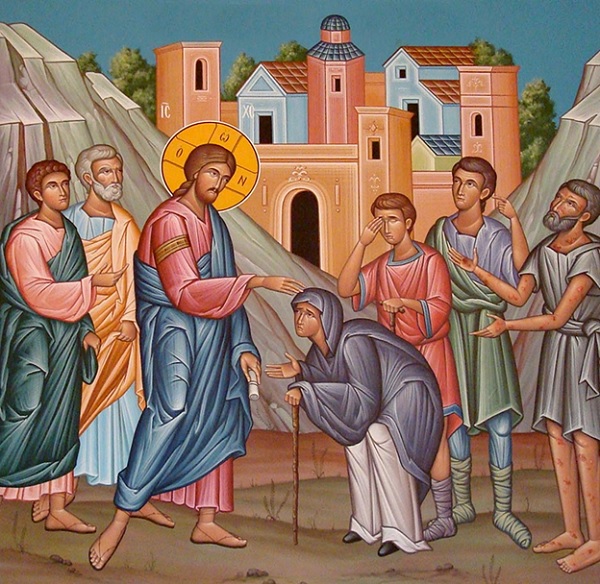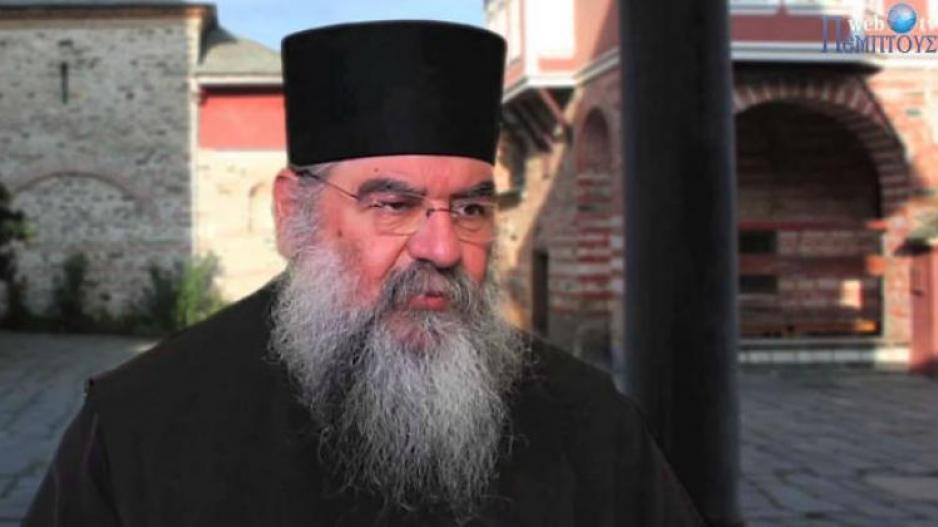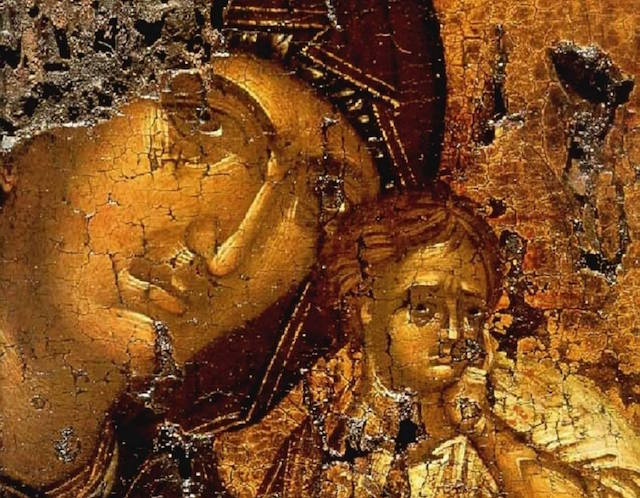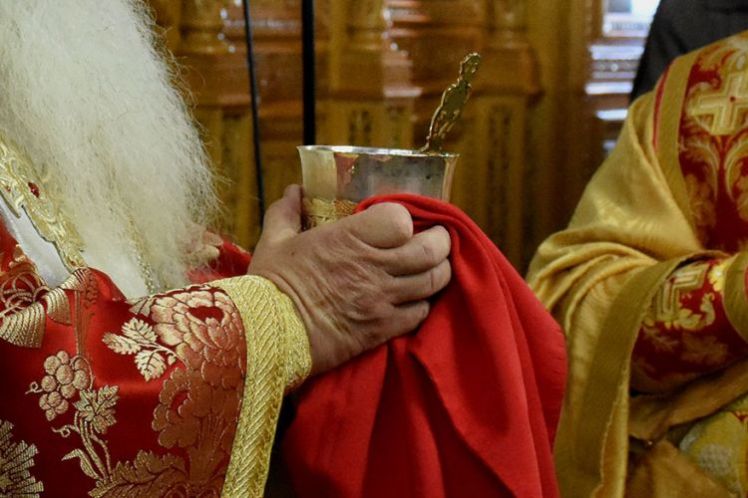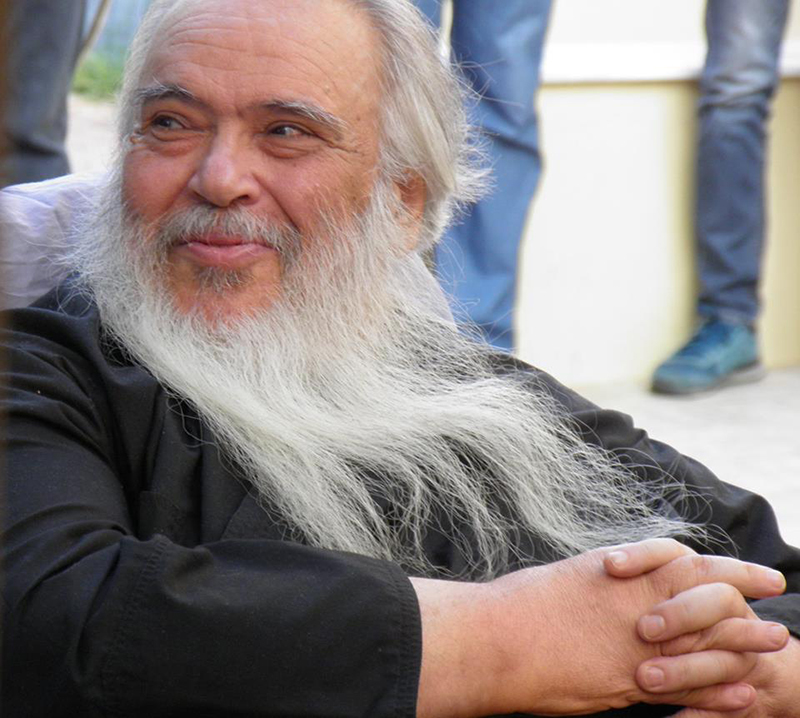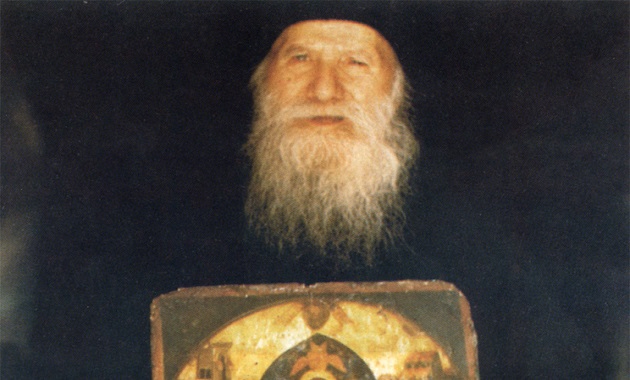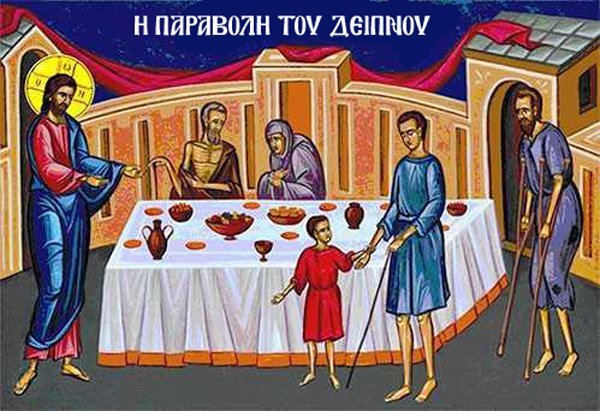
If a great king magnanimously laid out a banquet and invited everyone under his rule- young and old, rich and poor- to attend; and if he had prepared all kinds of appetizing, rich foods; and if, when the time came to eat, he sent out his only-begotten, precious son to bring in the guests; and if, by their refusal to take part in this rich, royal banquet and by their invention of absurd excuses, they scorned the king and his son who called them; would they not be deserving of harsh condemnation? They certainly would. Because they disrespected such a generous and magnanimous king and deprived themselves through their foolishness of this sumptuous banquet. ‘At the time of the banquet, he ...






